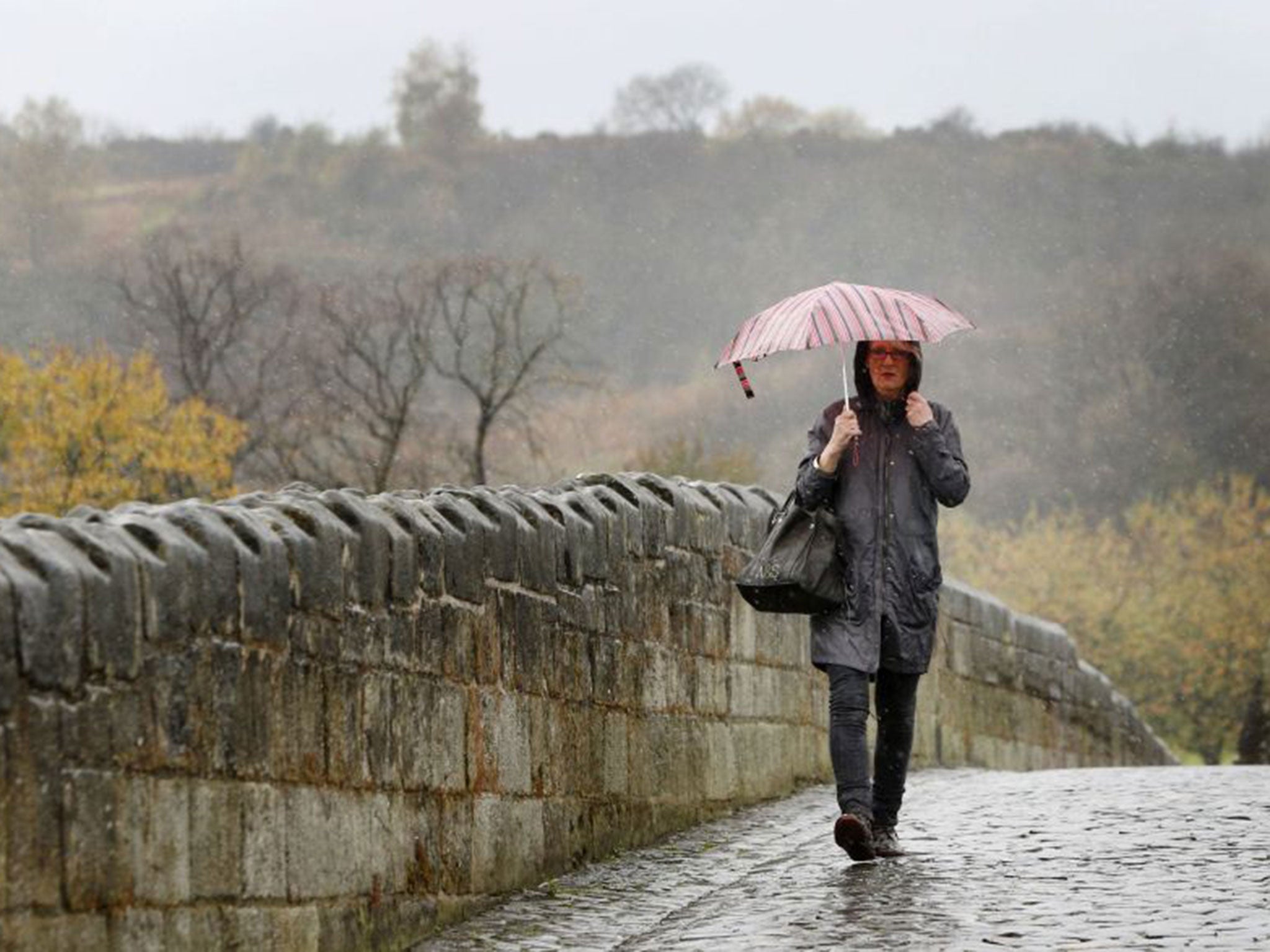UK weather forecasting just got £97m better as Met Office reveals new supercomputer
New tools will let Met Office make five- or six-day predictions

Britain is to become a world leader in weather forecasting and climate change research after the Government unveiled a £97m supercomputer capable of performing 16,000 trillion calculations per second.
The 140-tonne computer – known as Cray@XC40 – will enable the Met Office to make predictions that have previously been unthinkable because of the vast quantities of data involved.
For instance, the new computer should be able to predict with a high degree of accuracy whether there will be fog on Heathrow’s runways in 12 hours’ time, giving the airport time to make contingency plans. Currently, they can accurately predict patches of fog over the south of England but have no idea where.
The computer will also enable forecasters to pinpoint potential floods with much greater accuracy and reliability, as well as providing longer-term, more dependable and detailed forecasts for sunshine, fog, frost and ice, the Met Office said.
Overall, the improved weather forecasts could save the UK £2bn a year through measures such as helping households prepare for floods, telling transport operators to anticipate heavy snow and letting farmers decide what crops to grow. It will be up and running at the Met Office’s Exeter headquarters next September, although it will not be fully operational until 2017.
10 best rain jackets
Show all 10Met Office chief executive Rob Varley said the supercomputer would lead to a “step change in weather forecasting and climate prediction”.
Reflecting on when he first became a forecaster 30 years ago, he said: “In those days, we could have a pretty good stab at doing today and, perhaps tomorrow, but not much beyond that. Over the years we have gained about a day a decade, so now we can predict the next four days with the accuracy that we once did for one day.
“I’m confident that we will go to five days, six days and beyond given the step change in power that we have here. I can’t say exactly how much better it will be in five years but I am absolutely confident we will improve.”
Science minister Greg Clark added: “We will be the world leader not only in talking about the weather but forecasting it too.”
As well as improving the reliability of weather forecasts, the computer will help scientists unravel some of the great climate mysteries, such as whether we can expect to see fewer, but more intense, tropical storms such as Katrina this century – a hypothesis that has been made but not proved.
Scientists are also hoping to use the computer to establish when the oceans might begin releasing heat back into the atmosphere after a prolonged period of absorbing global temperature rises.
But despite the machine’s sophistication, Mr Varley cautioned that it would not be infallible. Asked if the supercomputer would have avoided the “barbeque summer” incident of 2009 – when the Met’s long-term forecast of a hot summer preceded washouts throughout July and August, he said: “It’s never going to be possible to predict in May which of the week’s in August is best to take my holiday in.”
Subscribe to Independent Premium to bookmark this article
Want to bookmark your favourite articles and stories to read or reference later? Start your Independent Premium subscription today.

Join our commenting forum
Join thought-provoking conversations, follow other Independent readers and see their replies